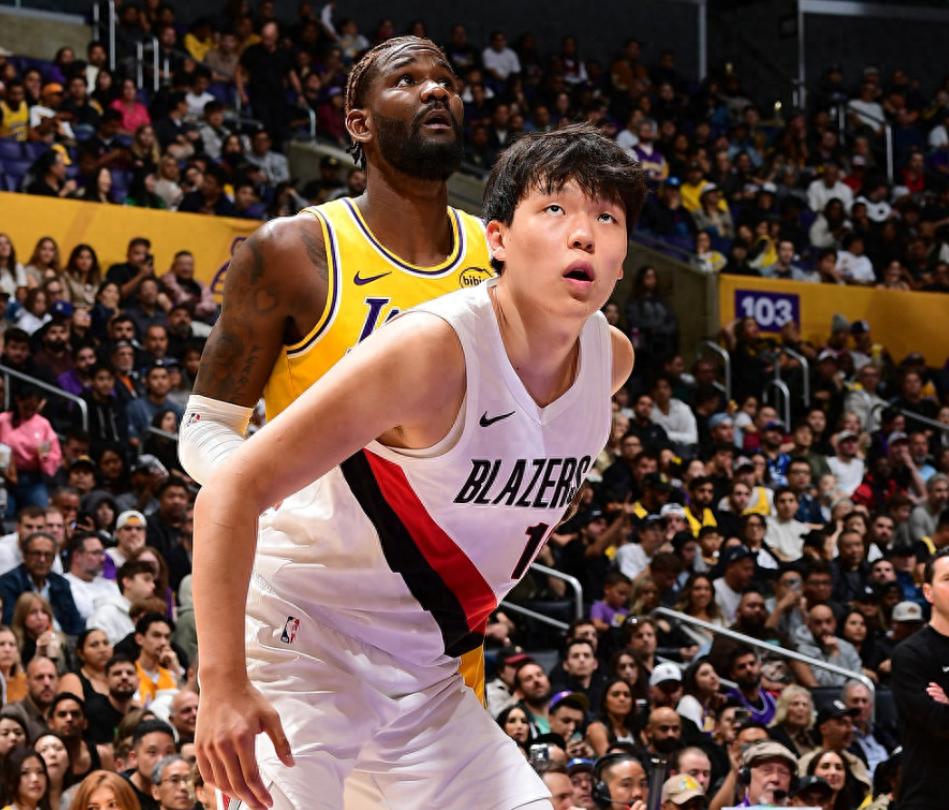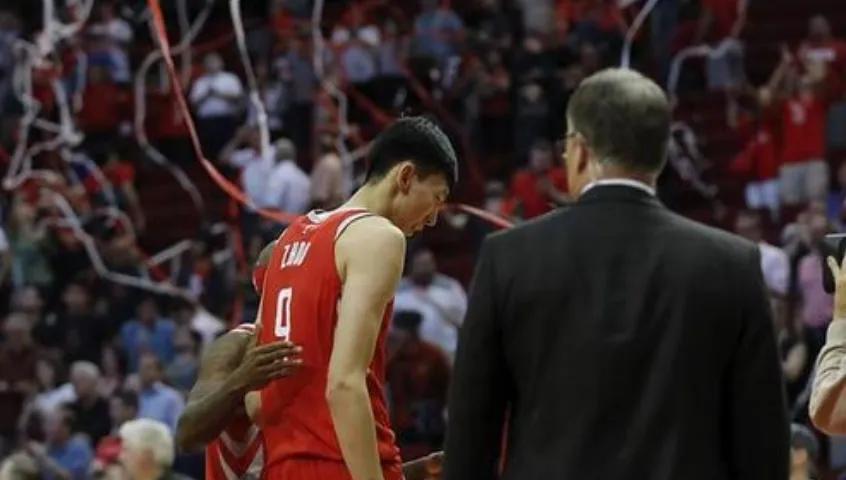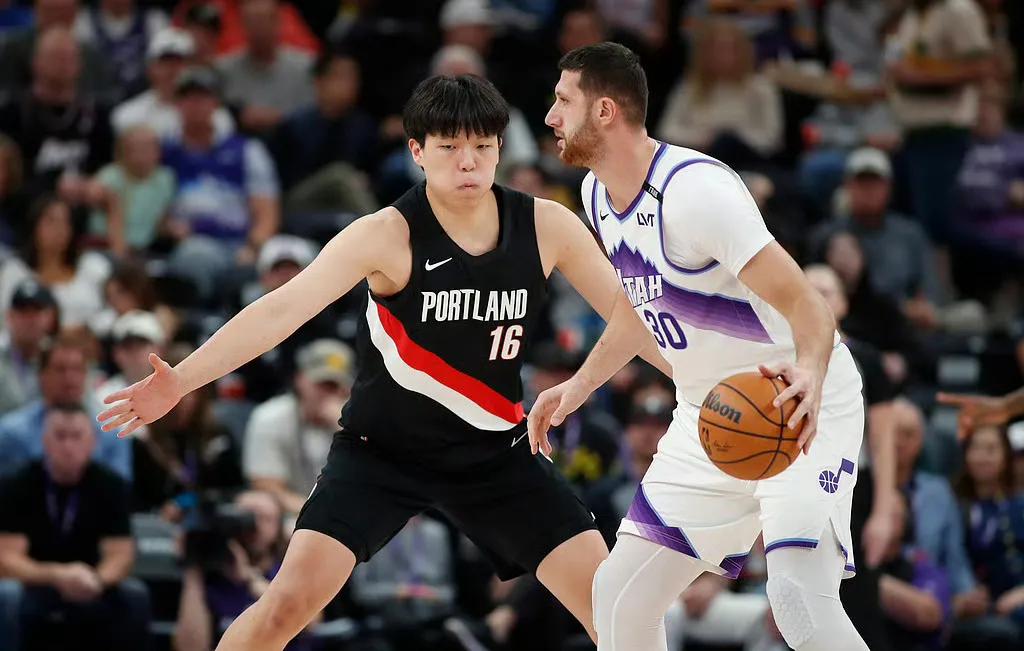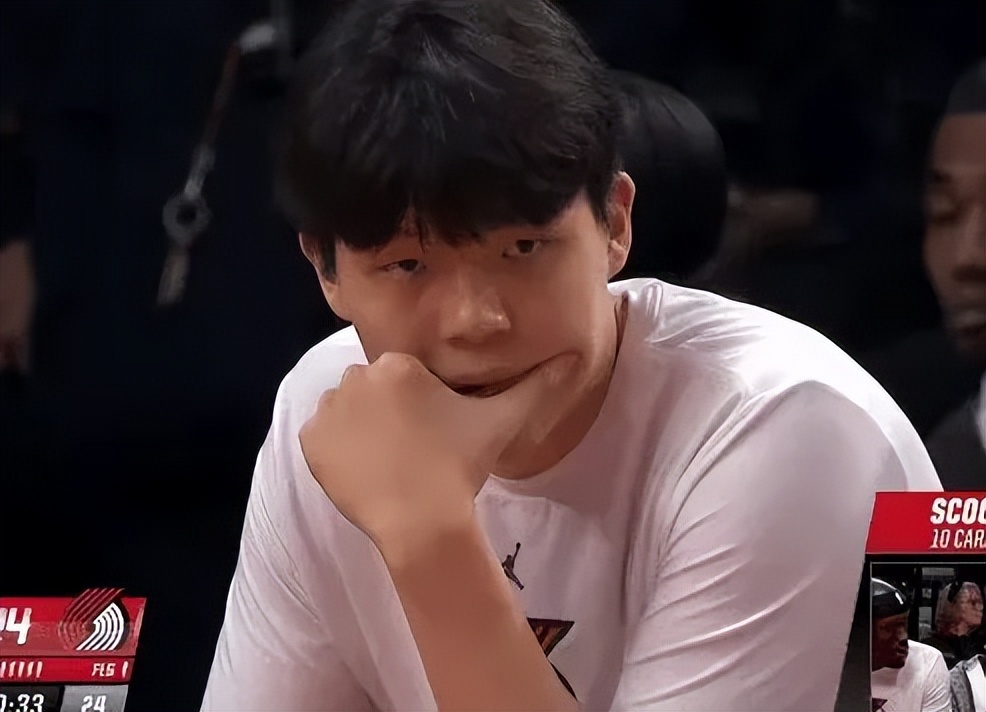Regarding Yang Hansen, Yao Ming has actually said everything.
The Trail Blazers officially announced they have recalled Chinese player Yang Hansen from their G League affiliate, the Rip City Remix.
This essentially means he put in extra work on Sunday.
The Blazers had no team practices over the weekend; they sent him down to gain more practice time, and after training with the affiliate team this weekend, he returned to the main roster before the Lakers game.
From this back-and-forth movement, it seems the Blazers have entered a new phase of dual development between the NBA and the G League for him.
In other words, this kind of commuting will become routine.
Switching frequently between the main and affiliate teams, since he hasn’t fully grasped the main stage yet, he needs to level up through more practice.
Here’s a prediction: once the G League season starts, Yang Hansen will likely be registered to join the team for Portland’s home games, activated on the main roster, learning courtside or waiting for playing opportunities.
If the Blazers play away games, he will probably suit up with the Rip City Remix affiliate team.

This kind of experience was shared by Zhou Qi.
In 2016, he was selected 43rd overall. At that time, the Rockets were a championship-contending team with little room to develop rookies.
Given that, it was off to the Snake team.
How harsh is the NBA world? You just wake up in the morning, and the coach texts you to pack your bags for the G League.
No prior notice, no time to prepare.
It’s like when we were in school and the teacher suddenly schedules a test without giving you any time to study.
Hence the feeling of “I’m not ready.”
The “grab your bag and go” lifestyle might be what Yang Hansen faces for a while.

The NBA is a huge pyramid.
Comparing two Chinese players, Yang Hansen is the luckier one, closer to the top of the pyramid.
This refers not to ability, but to the status of their teams.
In the 2017-18 season with the Rockets, Zhou Qi had little chance; as a second-round pick, the team needed immediate results.
What about Yang? He was the third Chinese player ever picked in the first round, signed a contract worth over $20 million over 4 years, following the NBA first-round “2+1+1” format: fully guaranteed for the first two years, team options for the last two.
The treatment between first-round and second-round picks is very different.
First-rounders get “stable jobs plus focused development,” while second-rounders face “temporary jobs plus survival challenges.”
Although Yang Hansen’s performance has been weak, some fans say “he can still return to Qingdao to play in the CBA,” but this is unlikely to happen in the next two seasons.
The Blazers picked him 16th overall basically as a lottery ticket, not expecting immediate impact.
So at least for the two years of guaranteed contract, they will keep betting on that ticket...

Writer Zhou Guoping once said life has three growth moments: when you realize you’re no longer the center of the world, when you try your best but still feel powerless, and when you accept your ordinariness.
Yang Hansen is now going through the first growth.
He is no longer the “center of the world,” which surely brings growing pains.
In the CBA, he was the league’s darling, Qingdao’s key prospect, awarded many honors and well protected—a true “future star.”
But in the NBA, it’s a completely different timeline.
Every year there are draft picks and lottery picks... those who retire are fewer than those selected.
So he still wants to be one of those 400-500 players.
Just as Yao Ming said, it all depends on yourself.
“Think clearly about what you want; the most important thing is what you want yourself. Because once you get there, no one will be responsible for you; you are your own primary responsibility.”
Yao Ming’s emotional intelligence and status mean his words to Yang Hansen, whether advice or warnings, won’t be as direct or explicit as ours.
He won’t say: you must be disciplined, watch your diet, learn English well—things like that...
Yao Ming is not the basketball association chairman anymore. Although qualified to comment on Chinese basketball or give advice like NBA legends do, he could easily criticize younger players.
But that’s not his style, and his role has changed...
At first, I thought Yao was just speaking vague pleasantries, unlike Wang Zhizhi who directly pointed out flaws in juniors.
But after reflecting on his words these days, I realize it’s a sophisticated way of expression:
On the surface, Yao Ming seems to say nothing.
In fact, he says everything.



Wonderfulshortvideo
This Wemby and Ant interaction 🎙️


Dylan Harper got to interview players and get a behind-the-scenes look at NBA All-Star Weekend! 🎤 ⭐️


The @Google Search Bar was 🔥 at NBA Crossover during NBA All-Star Weekend. Fans shot hoops, interacted with challenges, and brought the energy all day @Google


Welcome to 'The Winning Formula' series where we break down winning combinations in the NBA all season long presented by Castrol.


Tacko showing Glo how to throw an alley-oop 👏🚨


The biggest hoops stars from around the globe 🌎








 Links
Links
 Contact
Contact
 App
App


